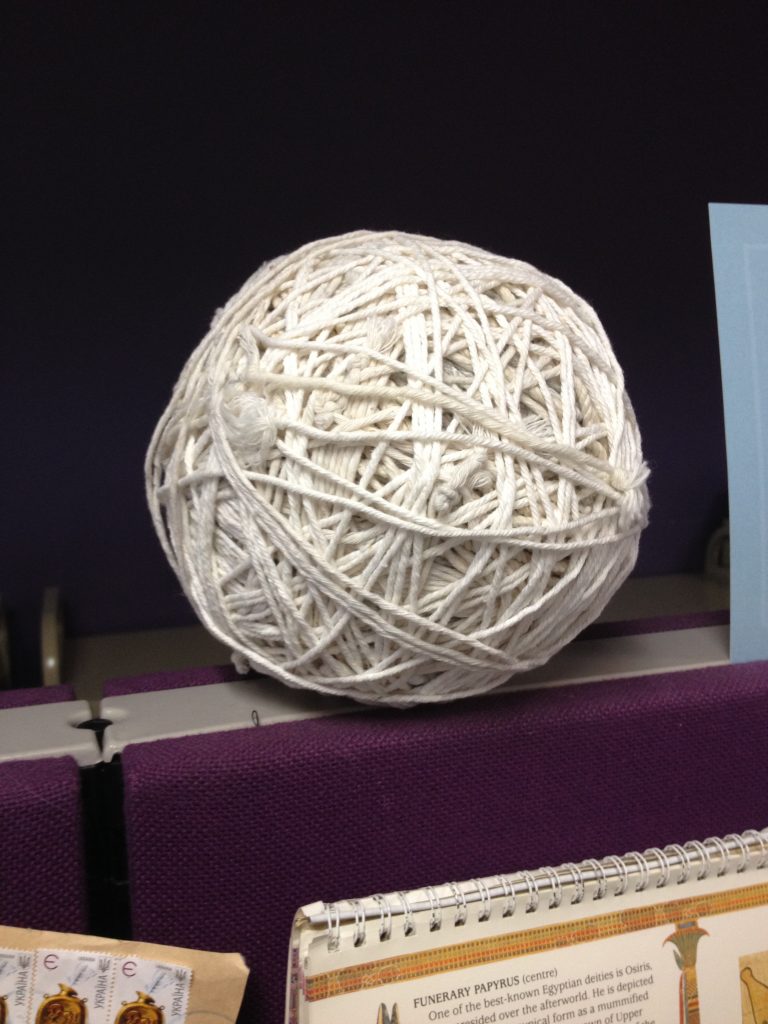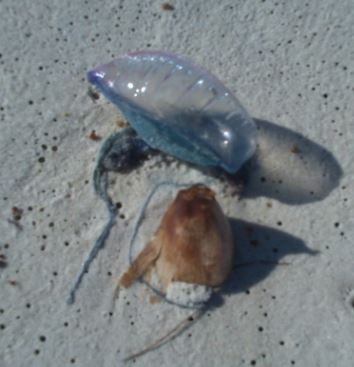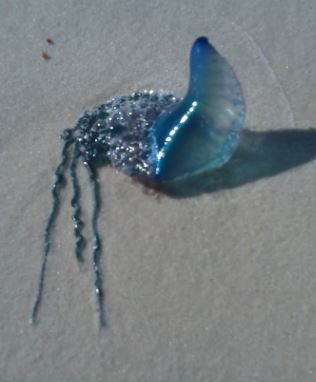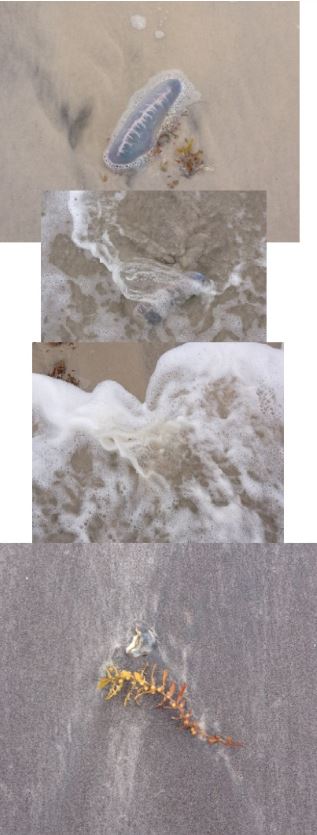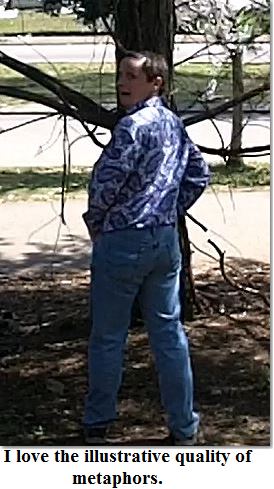February 7, 1997
Every once in a while something makes me stop dead in my tracks and say, "Why is that?" Unfortunately most of these things aren’t enough to make a whole edition by themselves, but going through my notebook, I realized I had enough of these things to choke a horse. So, without further ado, I present my Why Is That? List: Most, if not all, of the people who use the expression "enough to choke a horse" have absolutely no idea exactly how much that is. Why is that? Hamburger buns and bagels always come pre-cut so that one half will fit perfectly into a regular toaster and the other half will not. Waiters who work the least expect the biggest tips. Fast food places can be run by trained chimpanzees–but instead they hire teenagers. Why is that? Whether I stop at the local gas station at noon or at midnight, or any time in between, the same guy is always there. Some of the video store’s New Releases were made before I was born. Video tapes can record up to six hours, but movies longer than two hours are put on two tapes. Why is that? A single beer in any bar costs as much as a six-pack does at the grocery. Trucks with those "How’s My Driving?" stickers are driven by courteous, cautious people. Trucks without them are driven by extras from "Mad Max". People in sitcoms have luxurious, multi-bedroom apartments, eat every meal in restaurants, and have no jobs. Why is that? Everybody lives in the city that has the world’s worst drivers. Vending machines will reject freshly minted bills at least three times before taking them. As soon as someone asks you to define a word you’ve used all your life, you realize you haven’t got a clue what it means… You and I probably both know why most, if not all, of these are true, but let’s face it: sometimes being able to ask why is more important than knowing the answer. If nothing else, it’s less stressful.
This is the transcript of a radio conversation between a U.S. naval ship and Canadian authorities off the coast of Newfoundland in October 1995. Released by the Chief of Naval Operations, 10.10.1995.
U.S.: Please divert your course 15 degrees to the North to avoid a collision.
Canada: Recommend you divert YOUR course 15 degrees to the South to avoid a collision.
U.S.: This is the Captain of a U.S. Navy ship. I say again, divert YOUR course.
Canada: No. I say again, you divert YOUR course.
U.S.: THIS IS THE AIRCRAFT CARRIER U.S.S. _MISSOURI_, AND WE ARE A LARGE WARSHIP OF THE U.S. NAVY. DIVERT YOUR COURSE NOW!
Canada: We are a lighthouse. Your call.
Sometimes, it seems like some people are just plain *doomed*. If you don’t believe it, consider these weird deaths:
* A fierce gust of wind blew 45-year-old Vittorio Luise’s car into a river near Naples, Italy, in 1983. He managed to break a window, climb out and swim to shore — where a tree blew over and killed him.
* Mike Stewart, 31, of Dallas was filming a movie in 1983 on the dangers of low-level bridges when the truck he was standing on passed under a low-level bridge — killing him.
* Walter Hallas, a 26-year-old store clerk in Leeds, England, was so afraid of dentists that in 1979 he asked a fellow worker to try to cure his toothache by punching him in the jaw. The punch caused Hallas to fall down, hitting his head, and he died of a fractured skull.
* George Schwartz, owner of a factory in Providence, R.I., narrowly escaped death when a 1983 blast flattened his factory except for one wall. After treatment for minor injuries, he returned to the scene to search for files. The remaining wall then collapsed on him, killing him.
* Depressed since he could not find a job, 42-year-old Romolo Ribolla sat in his kitchen near Pisa, Italy, with a gun in his hand threatening to kill himself in 1981. His wife pleaded for him not to do it, and after about an hour he burst into tears and threw the gun to the floor. It went off and killed his wife.
* A man hit by a car in New York in 1977 got up uninjured, but lay back down in front of the car when a bystander told him to pretend he was hurt so he could collect insurance money. The car rolled forward and crushed him to death.
* Surprised while burgling a house in Antwerp, Belgium, a thief fled out the back door, clambered over a nine-foot wall, dropped down and found himself in the city prison.
* In 1976 a twenty-two-year-old Irishman, Bob Finnegan, was crossing the busy Falls Road in Belfast, when he was struck by a taxi and flung over its roof. The taxi drove away and, as Finnegan lay stunned in the road, another car ran into him, rolling him into the gutter. It too drove on. As a knot of gawkers gathered to examine the magnetic Irishman, a delivery van plowed through the crowd, leaving in its wake three injured bystanders and an even more battered Bob Finnegan. When a fourth vehicle came along, the crowd wisely scattered and only one person was hit — Bob Finnegan. In the space of two minutes Finnegan suffered a fractured skull, broken pelvis, broken leg, and other assorted injuries. Hospital officials said he would recover.
* While motorcycling through the Hungarian countryside, Cristo Falatti came up to a railway line just as the crossing gates were coming down. While he sat idling, he was joined by a farmer with a goat, which the farmer tethered to the crossing gate. A few moments later a horse and cart drew up behind Falatti, followed in short order by a man in a sportscar. When the train roared through the crossing, the horse startled and bit Falatti on the arm. Not a man to be trifled with, Falatti responded by punching the horse in the head. In consequence the horse’s owner jumped down from his cart and began scuffling with the motorcyclist. The horse, which was not up to this sort of excitement, backed away briskly, smashing the cart into the sportscar. At this, the sportscar driver leaped out of his car and joined the fray. The farmer came forward to try to pacify the three flailing men. As he did so, the crossing gates rose and his goat was strangled. At last report, the insurance companies were still trying to sort out the claims.
* Two West German motorists had an all-too-literal head-on collision in heavy fog near the small town of Guetersloh. Each was guiding his car at a snail’s pace near the center of the road. At the moment of impact their heads were both out of the windows when they smacked together. Both men were hospitalized with severe head injuries. Their cars weren’t scratched.
* In a classic case of one thing leading to another, seven men aged eighteen to twenty-nine received jail sentences of three to four years in Kingston-on-Thames, England, in 1979 after a fight that started when one of the men threw a french fry at another while they stood waiting for a train.
* Hitting on the novel idea that he could end his wife’s incessant nagging by giving her a good scare, Hungarian Jake Fen built an elaborate harness to make it look as if he had hanged himself. When his wife came home and saw him she fainted. Hearing a disturbance a neighbor came over and, finding what she thought were two corpses, seized the opportunity to loot the place. As she was leaving the room, her arms laden, the outraged and suspended Mr. Fen kicked her stoutly in the backside. This so surprised the lady that she dropped dead of a heart attack. Happily, Mr. Fen was acquitted of manslaughter and he and his wife were reconciled.
* An unidentified English woman, according to the London Sunday Express was climbing into the bathtub one afternoon when she remembered she had left some muffins in the oven. Naked, she dashed downstairs and was removing the muffins when she heard a noise at the door. Thinking it was the baker, and knowing he would come in and leave a loaf of bread on the kitchen table if she didn’t answer his knock, the woman darted into the broom cupboard. A few moments later she heard the back door open and, to her eternal mortification, the sound of footsteps coming toward the cupboard. It was the man from the gas company, come to read the meter. "Oh," stammered the woman, "I was expecting the baker." The gas man blinked, excused himself and departed.
Like this:
Like Loading...




